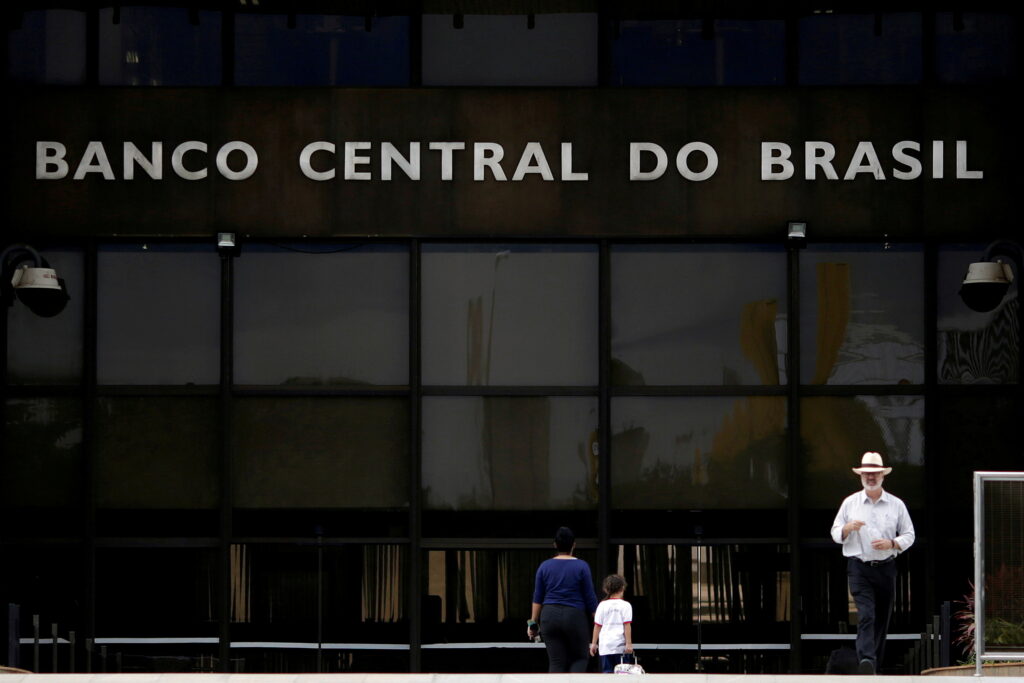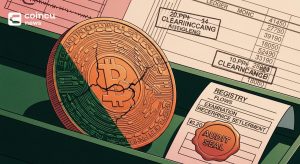Key Points:
- The Central Bank of Brazil postponed the DREX digital currency pilot and suspended the LIFT Lab innovation project.
- The DREX project faces delays in onboarding pilot projects and struggles with selecting privacy-preserving technology.
- The first phase of the digital real pilot runs from February to May 2024.
The Central Bank of Brazil has significantly shifted its digital currency endeavors. Last week, the pilot launch of the digital currency DREX was delayed along with the suspension of the LIFT Lab innovation project, according to a Ledger Insights report.

Uncertainty looms over whether issues within the LIFT laboratory might also impact the CBDC pilot.
The official title of Brazil‘s new central bank digital currency (CBDC), the digital real, is DREX. The project faced initial challenges, with the onboarding of 16 pilot projects experiencing a two-month delay, beginning in July rather than May as planned.
The digital real initiative hinges on authorized entities minting the CBDC using distributed ledger technology akin to blockchain. DREX aims to facilitate swift transactions for operations like buying and selling public treasury bonds, supported by Web3 infrastructure for token creation, registration, and burning.
Privacy-preserving technology selection has posed challenges, with the central bank engaging multiple providers but encountering maturity issues. The bank prioritizes security and thus opts for delayed testing.
Initially scheduled for completion in February 2024, the first phase’s deadline for the digital real pilot has been postponed to May 2024.
DREX signifies a significant leap in Brazil’s financial landscape, streamlining complex operations like real estate transactions through smart contracts and reducing reliance on third parties like notary offices.
However, the widespread adoption of DREX in daily transactions is doubtful due to the already established Pix system, which caters effectively to the Brazilian populace’s needs and constantly enhances the country’s financial framework.
Despite challenges, Brazil’s digital real project remains a noteworthy step towards innovation in the financial sector.
DISCLAIMER: The information on this website is provided as general market commentary and does not constitute investment advice. We encourage you to do your own research before investing.






















